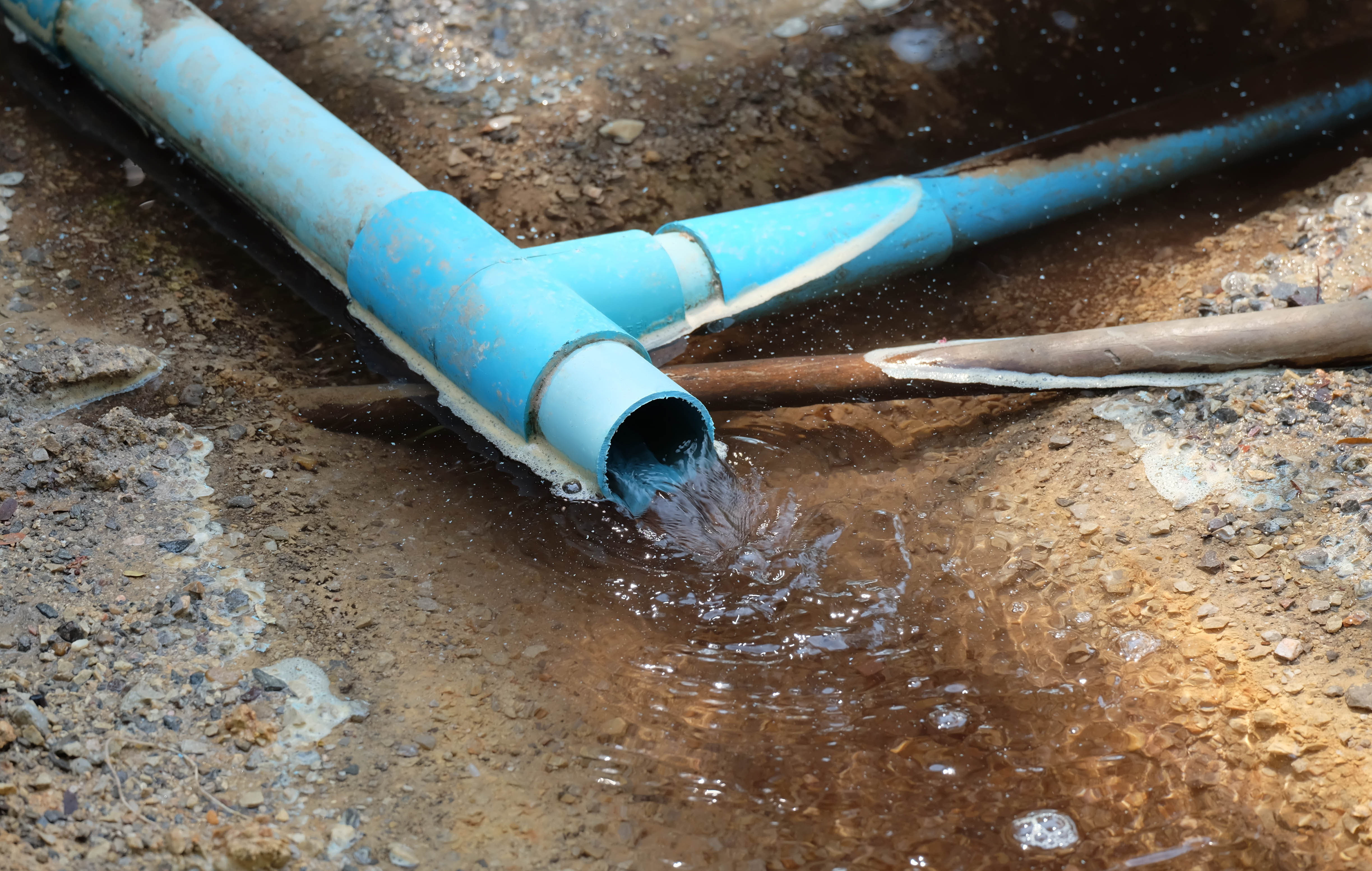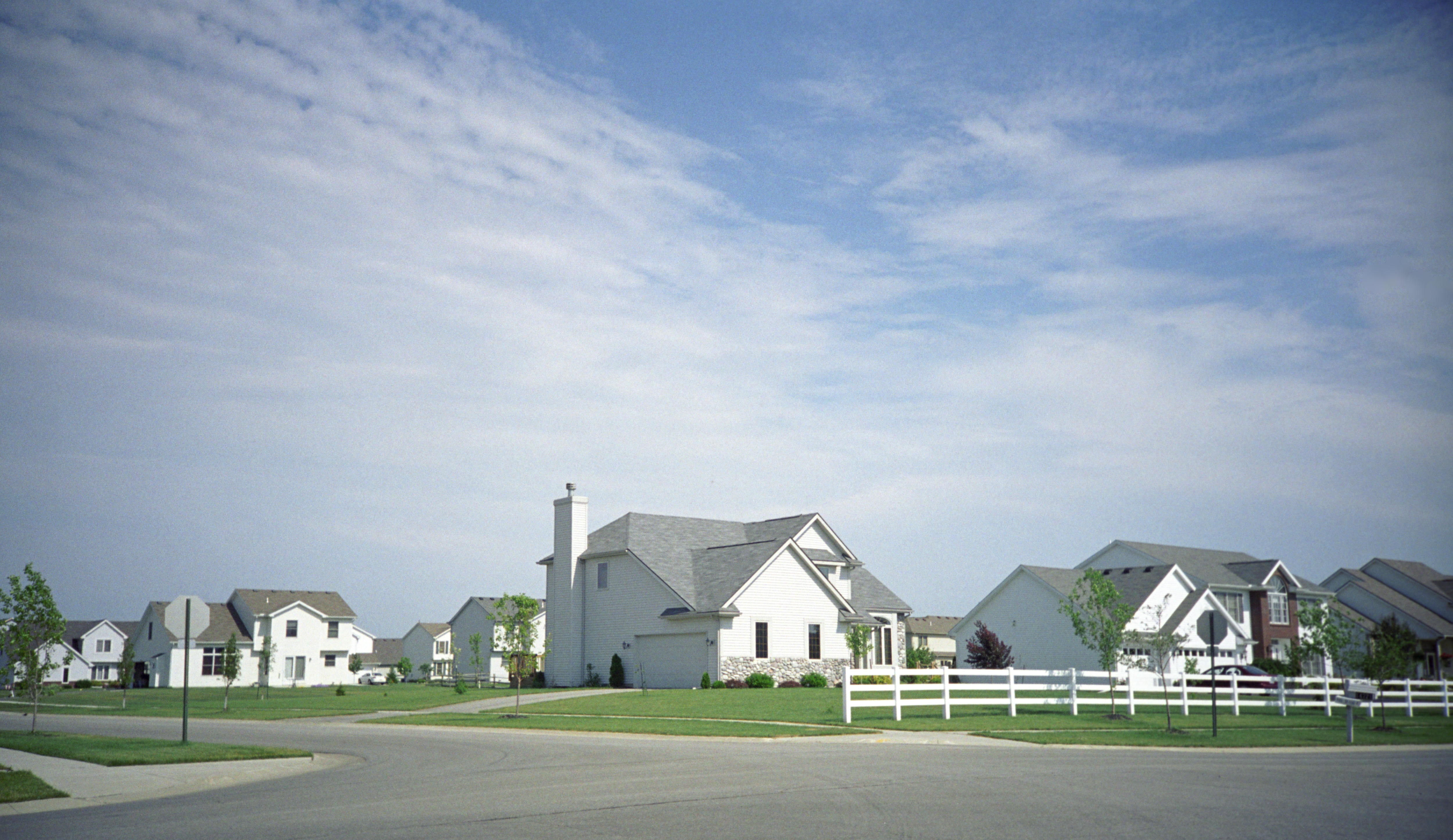
Learn how much plumbers cost in Columbus, Ohio. Discover pricing for faucet repairs, pipe work, and emergency services, plus how you can save money.
Main water line repair in Phoenix costs an average of $607, with a cost range of $332 to $894. A plumber will assess the type and extent of the damage when pricing out your project.


The length of the pipe you need repaired and the type of damage are the two most important factors affecting your cost.
Ductile iron wrapped in polyethylene is the most common water main material in Phoenix, and it costs just $2 to $10 per linear foot for materials.
Anything that stands in the way of excavation, like driveways, walkways, or patios, can drastically increase your total.
Don’t forget to budget for plumbing permits, which cost an average of $150 for water main repair in Phoenix.
Main water line repair costs in Phoenix average $607, and most projects total between $332 and $894. Your price will depend mostly on the length of the piping you need repaired or replaced and the type of damage, which affects how intensive your repair will be. The water main material you choose and anything that makes excavation more challenging can also affect your costs.
Some homeowners in Phoenix pay as little as $150 for main water line repair, while costs can climb up to $1,900 at the other extreme. Where your total falls within that range depends on a few important factors.
Every linear foot of water main repair will cost you between $100 and $200, which means longer sections of damaged pipe will cost more. The average lot size in Phoenix is just 0.158 acres, which is well below the national average. Smaller lot sizes mean less distance your main needs to travel between the street and your home, which helps keep total repair costs to a minimum.
| Linear Feet | Cost Range |
|---|---|
| 2 | $200–$400 |
| 4 | $400–$800 |
| 6 | $600–$1,200 |
| 8 | $800–$1,600 |

The type of damage will affect how long a span needs to be repaired, so it’s a closely related cost factor to consider. Something like corrosion will affect the entire length of the water main and require total replacement, even if you only have a localized leak. Luckily, the hard water in Phoenix doesn’t lend itself to corrosion.
A more likely cause of water main cracks in Phoenix is shifting sandy soils with rapid changes in water content during droughts and monsoons. These leave you with just small sections of piping to repair, making the total you’ll pay to a plumber near you much lower than the national average.
Most water mains in Phoenix are made from ductile iron wrapped in polyethylene, which comes at a moderate cost compared to alternatives. You can choose other materials, like copper or PVC, but these won’t last as long in Phoenix. PVC can warp in the extreme summer heat, and copper is more likely to crack from moisture changes in the shifting soil. You can ask your plumber which water main material they recommend, but ductile iron is likely going to be the best bet.
The table below includes material costs only for the different water main materials. You’ll still pay between $100 and $200 per linear foot for repairs, as most of the cost goes toward labor for excavation.
| Material | Cost (per lin. ft.) | Pros | Cons |
|---|---|---|---|
| Copper | $20–$30 | Stands up to heat | Most expensive |
| Ductile iron | $2–$10 | Best value | Corrodes over time |
| PVC | $0.50–$5 | Most affordable | Warps in high heat |
Water mains run underground from the conduits in the street to your home, so repairs will require excavation. Excavation is labor- and time-intensive, so it accounts for most of the cost of your main water line repair.
Luckily, the frost line in Phoenix is non-existent, and since water mains need to run below the frost line—the depth at which the ground is at risk of freezing—the lines in Phoenix can sit close to the surface. This means far less excavation than in colder climates, where main lines need to be several feet underground.
However, your excavation costs can increase significantly if you have anything that disrupts the work, like driveways, porches, patios, or walkways. You may need to add hundreds or even thousands of dollars to your total if there’s limited accessibility on your property.
An average of $550 goes toward labor when you hire a plumber in Phoenix to repair your main water line. While the labor costs are expensive, it’s illegal for anyone without a plumber’s license to perform any of the work, so you’ll need to defer to a pro.
Another unavoidable expense when it comes to main water line repair is the permit fee, which the City of Phoenix charges for all major renovations. Your plumber will pull the permit and schedule inspections, but you’ll need to pay the fee. The city charges $150 in permit fees for work costing up to $1,000, so that’s the fee most homeowners will pay, given the average main water line repair cost in Phoenix.
Repairing your main water line won’t increase your home value, but fixing underground leaks can prevent structural damage and water damage that would otherwise detract from your home value.
The average home in Phoenix is just 30 years old, and water mains last for 50 to 100 years, so most homeowners won’t need a full replacement. However, if you do opt to replace your main water line rather than repair it, you should see a small increase in home value. Buyers should understand that a new line will mean an even lower risk of problems in the future, and that peace of mind is often worth paying more for a home.
Home is the most important place on earth, which is why Angi has helped more than 150 million homeowners transform their houses into homes they adore. To help homeowners with their next project, Angi provides readers with the most accurate cost data and upholds strict editorial standards. We survey real Angi customers about their project costs to develop the pricing data you see, so you can make the best decisions for you and your home. We pair this data with research from reputable sources, including the U.S. Bureau of Labor Statistics, academic journals, market studies, and interviews with industry experts—all to ensure our prices reflect real-world projects.
Want to help us improve our cost data? Send us a recent project quote to [email protected]. Quotes and personal information will not be shared publicly.
From average costs to expert advice, get all the answers you need to get your job done.

Learn how much plumbers cost in Columbus, Ohio. Discover pricing for faucet repairs, pipe work, and emergency services, plus how you can save money.

The average cost to replace a bathroom faucet typically ranges from $170 to $360. Faucet installation costs often vary based on the selected fixture hardware.

Discover the leading factors affecting your main water line replacement cost in Columbus, including length, material selection, and installation details.

Copper is prone to leaks from corrosion, particularly pinhole leaks. This guide will show you how to fix a copper pipe leak in seven different ways.

A new showerhead is an easy, affordable way to upgrade any bathroom. Learn how to change a showerhead, from removing the old to installing the new.

Clogs can keep drains backed up and build up odors in kitchens and bathrooms. Learn how to use a plumbing snake, a simple solution to clearing clogs.